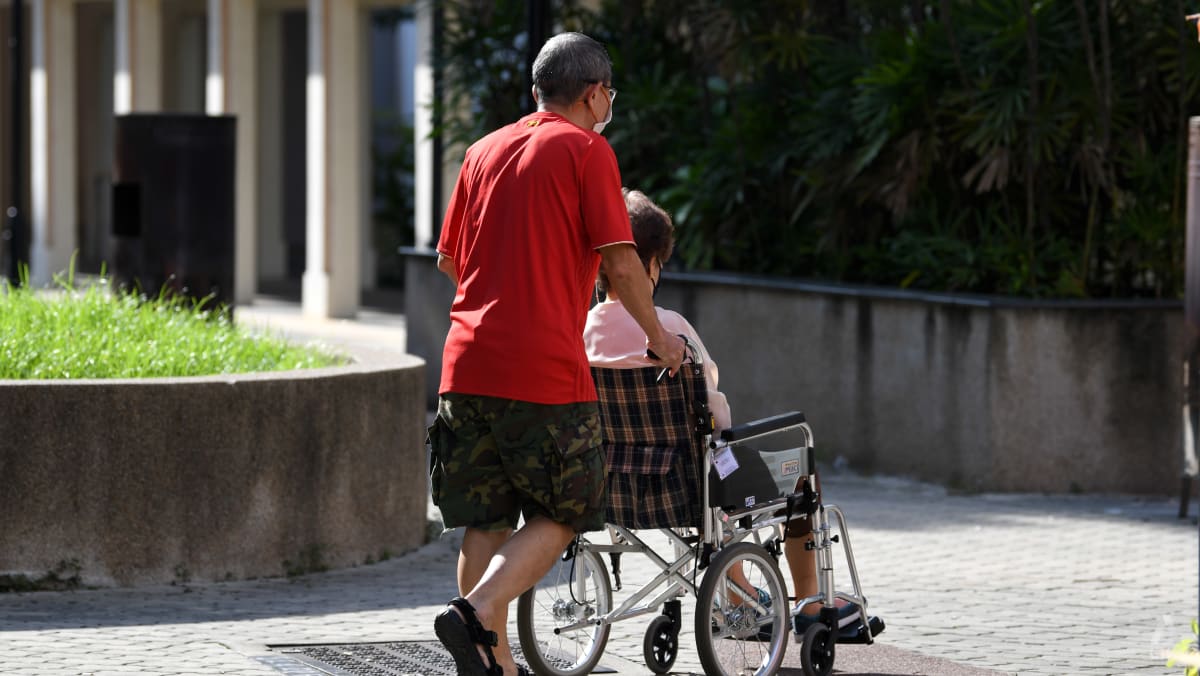Commentary: Making eldercare leave mandatory will be helpful, but it’s just the tip of the iceberg in helping caregivers
GRANTING ELDERCARE LEAVE IS ONLY ONE PART OF THE SOLUTION
It’s not surprising that some in Singapore are calling for parental care leave to be on par with childcare leave, currently at six days. Just as parents need time off work to care for children who fall sick, so too will caregivers who accompany a senior for medical appointments or to resolve care matters.
While more eldercare leave would be helpful for many, it is only one part of the solution. No amount of eldercare leave will be sufficient alone to address the harsh realities of caring for an ageing population – not without broader support and assistance.
Caregiving is not just about having the time off to provide care, but also about being sufficiently informed and trained in giving care for the specific health condition.
Caring for someone with mild dementia is different from caring for one with a more advanced state of cognitive disability; caring for seniors with anxiety or depression is different from caring for seniors with heart failure requiring careful management of fluid intake and medications.
Indeed, the demands of caregiving often take a toll on the physical and mental well-being of caregivers, making self-care all the more critical. I’ve encountered a frail, frustrated and depressed 90-year-old woman who was her bedbound husband’s caregiver and would hit him whenever he spat at the visiting doctor.
Emotions associated with caregiving are complex – from constant worry over the senior’s deteriorating health, to guilt over whether one is doing enough, to resentment and frustration, particularly in families with fraught relationships.
Some caregivers also grapple emotionally about the responsibility that ends up upon them, when another sibling had been the favoured child for example. Aged care workers often have to facilitate family meetings to negotiate a consensus on roles and responsibilities among siblings and grandchildren.
Another important concern is the financial security of full-time caregivers. One case that illuminates this involves two daughters looking after their mother with severe dementia. When one daughter was diagnosed with advanced breast cancer, the other became caregiver for both her mum and sister. Their unmarried brother, who worked as a truck driver, became the sole breadwinner.
Under the weight of caregiving duties, many caregivers have neglected preparations for old age. It is therefore critical to help them make feasible plans for their own future. In this case, for example, supporting the caregiver also requires consideration for how the daughter will be able to reintegrate the workforce and lead a fulfilling life after her mother and sister pass on.
For all the latest business News Click Here

